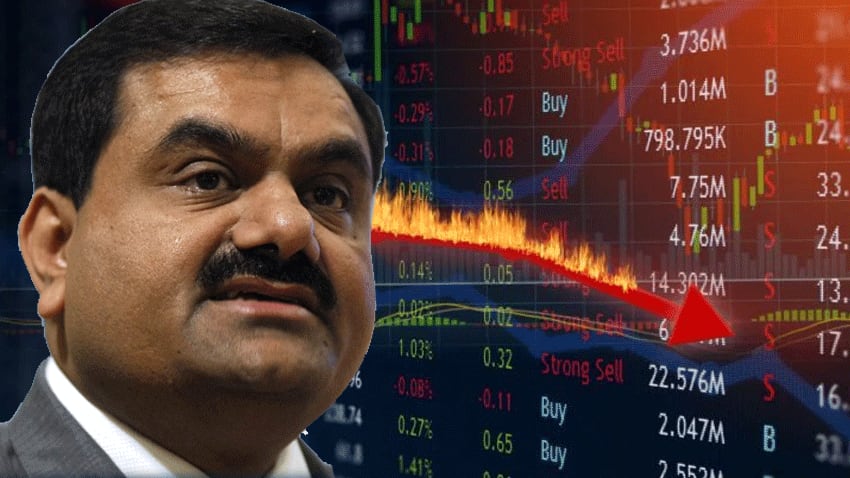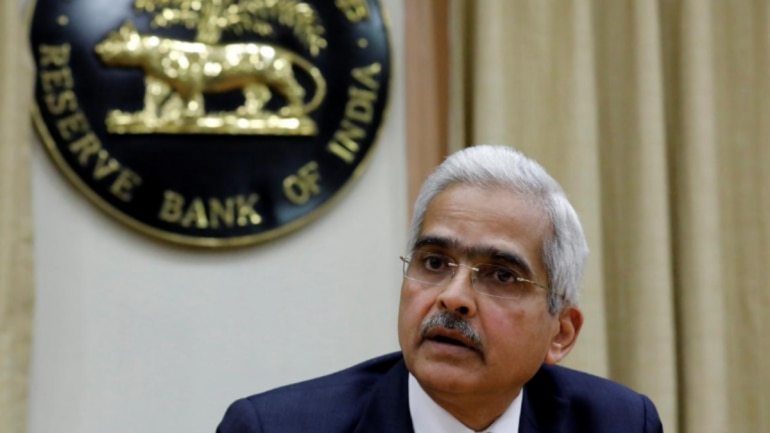Gautam Adani’s beleaguered empire is spiraling into crisis, as the fallout from a short-seller’s fraud allegations leads to a worsening meltdown in the indebted conglomerate’s securities.
Bonds of the Indian billionaire’s flagship firm plunged to distressed levels in US trading, and the company abruptly pulled a record domestic stock offering after the Adani group suffered a $100 billion market crash with in a span of 5 working days
This means henceforth Banks either want more collateral for loans, or are scrutinizing the value of the company’s debt to lend against.
The question now is what Adani will do to prevent the turmoil from getting out of control, especially after the setback with the stock offering, which would have been India’s largest and further raise his global profile.
As a result the risk is also that more financial institutions start to scrutinize their exposure to a business empire that sprawls from ports to green energy.
“The biggest risk is if Adani Group faces a severe deterioration in access to financing, particularly at its highly leveraged entities,” Leonard Law, a senior credit analyst at Lucror Analytics, wrote in a note.
“This is as a liquidity crunch at any one of the entities may have a ripple effect on financing access for the wider group. That said, the group can likely continue to raise funds from onshore banks and bonds for now.”
Bonds issued by Adani Ports & Special Economic Zone Ltd. and Adani Green Energy Ltd. dropped the most in global secondary trading on Wednesday. And the loss found continue in Thursday also
Some notes of the two companies yield more than 30%, way over the average investment grade yield of 4.96% and junk bond yield of 8.14%.
Adani Ports’ 3.375% bond due July 2024 tumbled more than 20 cents on the dollar to 69.75 cents in investment-grade secondary trading, according to Trace data.
At least four other Adani Ports bonds hit distressed levels, falling to 69 cents or lower.
Adani Green Energy’s 4.375% bond due Sept. 2024 declined more than 12 cents on the dollar to 66.75 cents in high-yield secondary trading, according to Trace data.
Credit Suisse Group AG’s private banking arm has assigned a zero lending value for notes sold by Adani Ports and Special Economic Zone Ltd., Adani Green Energy and Adani Electricity Mumbai Ltd., according to people familiar with the matter. It had previously offered a lending value of about 75% for the Adani Ports notes, one of the people said.
When a private bank cuts lending value to zero, clients typically have to top up with cash or another form of collateral and if they fail to do so, their securities can be liquidated.
On Friday, Adani added about $300 million worth of shares for the $1 billion loan made by a group of banks, according to people familiar with the matter.
“The Adani family might need to pledge more shares given the drop in share prices, though they could still maintain a healthy headroom with the portion pledged at no more than 40%, based on our calculation,” Sharon Chen, credit analyst at Bloomberg Intelligence, wrote in a note.
Citigroup’s wealth unit has stopped extending margin loans to its clients against securities of Adani group, a source with direct knowledge of the matter said on Thursday.
“In recent days, we have seen a dramatic price drop of Adani issued securities,” Citigroup said in an internal memo seen by Bloomberg news . “Stock and bond prices have plummeted following the negative news around the group’s financial health.”
The bank said in the memo it has decided to remove lending value “to all Adani issued securities with immediate effect.” Based on its estimates, the impact of this decision to its margin lending portfolio is limited, it said.
However officially Citi declined to comment.









